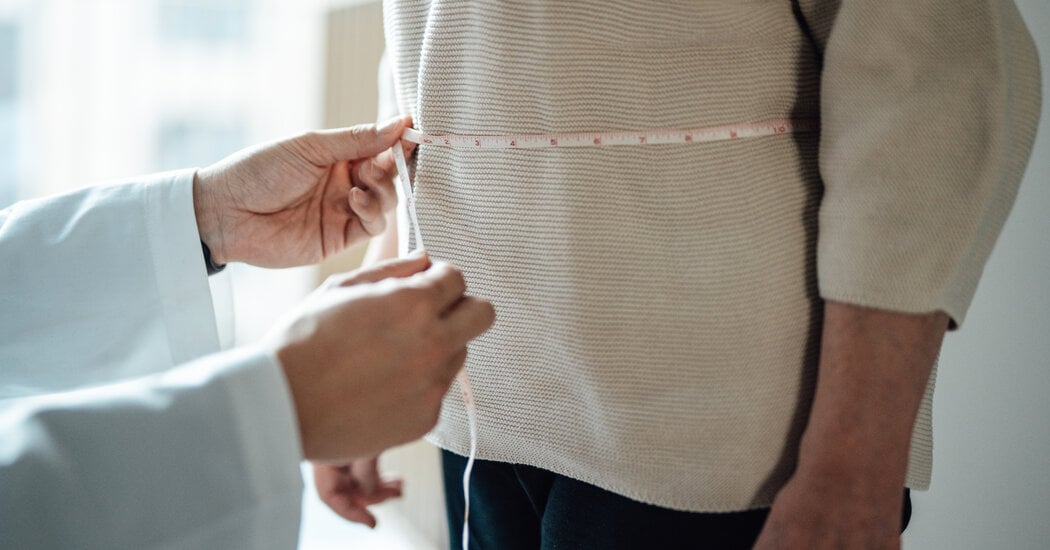“The body mass index has long been criticized as a flawed indicator of health. A replacement has been gaining support: the body roundness index.” Article unfortunately doesn’t give the freaking formula for chrissakes; it’s “364.2 − 365.5 × √(1 − [waist circumference in centimeters / 2π]2 / [0.5 × height in centimeters]2), according to the formula developed by Thomas et al.10”



Seems like a good idea. Whenever I’m actively bodybuilding, my BMI is always shown as obese, and my weight shown as overweight, despite the fact that I’m 12% body fat. It’s annoying, especially if it has an impact on things like insurance costs.
yeah, been weightlifting for years, and the only time the BMI chart says I’m “healthy” is when I’m at my absolute shreddiest. Looking like I’m starving myself to shoot a nude scene in a movie. And I hate that. I know that when I’m at that weight, I may look great, but I’m also at my weakest. So I hate that this chart subconsciously bullies me into trying to maintain some ridiculous 9-12% body fat range, when that’s more of a body building competition range.
I’m guessing you’re a female? 9-12% definitely isn’t a healthy long-term fat percentage for women. Personally I think women look better with a little more padding anyways.
Explain that to the insurance company, that seems to be the relevant problem here.